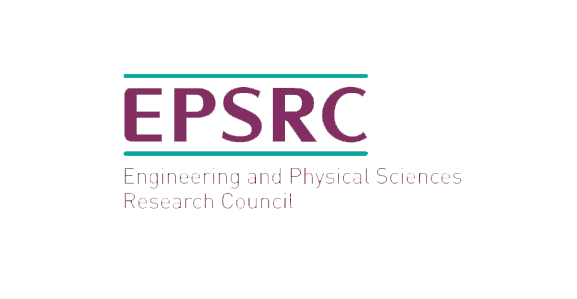ORCA
ORCA
ORCA is a fully parallelized, general-purpose quantum chemistry code that runs on all platforms (unix, windows, mac OS). It is based on atom centered Gaussian basis functions and can perform calculations on all elements of the periodic table (optionally with all-electron, scalar relativistic Hamiltonians or pseudopotentials). ORCA features extensive DFT capabilities (LDA, GGA, meta-GGA, hybrid, double-hybrid, range separated functionals) but is particularly powerful in the domain of wavefunction based ab initio methods (coupled-pair/coupled-cluster methods, multireference methods CASSCF/ NEVPT2/MRCI, MBPT).
ORCA is an efficient code that, in conjunction with well-tested approximations (density fitting, chain-of-spheres), can be applied to systems with hundreds of atoms. Pair natural orbital (PNO) based local correlation treatments allow for correlated wavefunction calculations on large systems. Extended systems can be treated with QM/MM methods; solids and surfaces can be approached using cluster models with electrostatic embedding and capping ECPs. Geometry optimization/transition state searches using analytic gradient techniques are available and for Hartree-Fock and DFT methods analytic second derivatives are also available.
ORCA specializes on transition metals and the calculation of spectroscopic properties with an emphasis on many particle wavefunctions and wavefunction based ab initio methods. A broad range of spectroscopic parameters can be calculated with ORCA including all EPR parameters (g-tensor, hyperfine couplings, zero-field splittings, quadrupole couplings), some NMR properties (chemical shielding), Mössbauer parameters (isomer shift, quadrupole splitting), UV absorption spectra, absorption and fluorescence bandshapes using the independent mode displaced harmonic oscillator model, IR-, Raman- and resonance Raman spectra, magnetic circular dichroism spectra, X-ray absorption, X-ray emission spectra as well as RIXS spectra.
ORCA Practicals and help can be found here.
See more training resources on the ORCA Input Library here.




